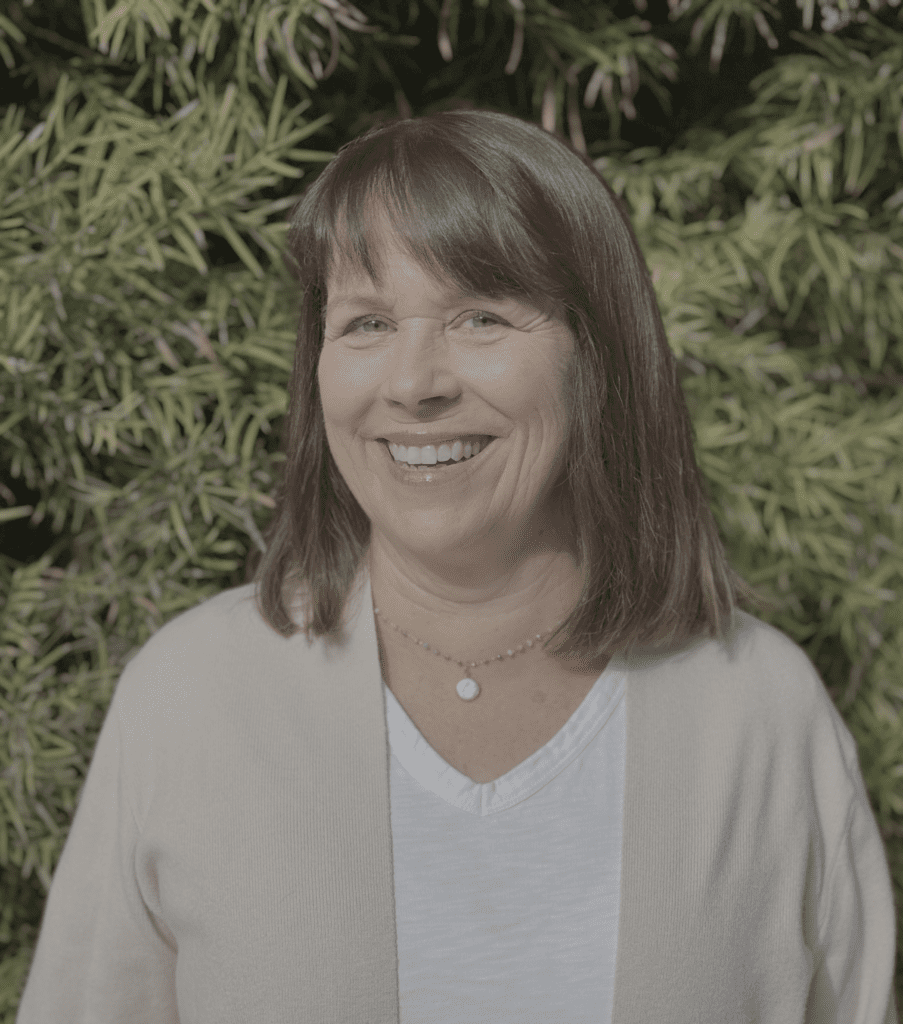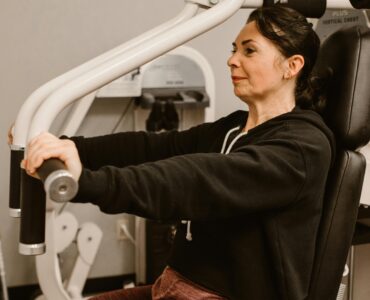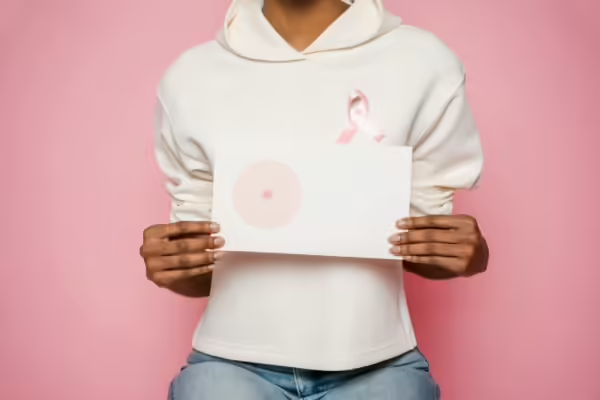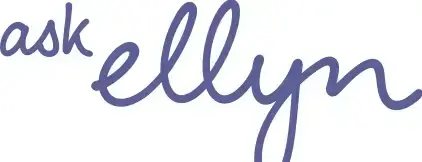I am fortunate. I am a 14-year Triple-Negative Breast Cancer Survivor (TNBC). I could rattle off statistics but let’s just say — I was diagnosed with a bad one.
From my diagnosis, I tried to focus on the positives. I knew that my mindset would help me and my quality of life. Some things I did at the outset:
- Find one positive thing a day. Sometimes it was simply having a shower.
- Surround myself with positive supports. See AskEllyn’s post about the comfort in, dump out model.
- Journaling. There is a great post in AskEllyn to get you started.
- Daily meditation and prayer, and;
- Working with a therapist when I felt the most vulnerable.
Avoiding negativity, focusing on hope
When I was first diagnosed with triple-negative breast cancer my thoughts immediately went to a bad place. One strategy I had was to avoid negativity. I assigned my husband as the official researcher after I dove into the internet a few days after I received my diagnosis of triple-negative breast cancer. My one hour of research reduced me to tears after visiting a few websites recommended by a friend. I knew I couldn’t survive the deluge of horror stories and sad outcomes. What I needed was hope.
Here is my message of hope for you: there are many survivors, and we beat the odds.
My desire to hear those stories of hope didn’t end after treatment. Even today, 14 years later, I continually strive to seek new information. I found that a few years past my triple-negative breast cancer diagnosis, I could read studies and hear personal stories. It wasn’t always like that. There are setbacks along the way. My younger sister was diagnosed with ER+ PR+ Her2- breast cancer three years after me. I wanted to help her, and I understood how she was feeling. It gave me hope but it also scared me. After six years of living with cancer, she died. I will admit, that I experienced survivor guilt that I had to work through. Her death devastated our family.
So, finding hope and expressing gratitude didn’t — and still doesn’t come easily. It takes work. I try to continually grow and inform myself on topics of self-care. I realized early on that self-advocacy was crucial in navigating my care. That work too, doesn’t stop.
Resources I recommend to prepare for ‘life after’ breast cancer
The day I said goodbye to my oncologist I was scared. There was no pamphlet or roadmap on what to do next. My primary care doctor, who was now responsible for my care, had no clue what I would face. For instance, no one in the clinical world told me that my body would go into early menopause after treatment for triple-negative breast cancer. That learning came from my fellow survivors.This sisterhood was my source of information for ‘life after’ breast cancer.
One of my trusted websites is Living Beyond Breast Cancer (LBBC). This organization is a vetted source for support and lifestyle information for survivors throughout North America.
FORCE: Facing Our Risk of Cancer Empowered is another leading source of education. It is an especially good resource in the areas of genetic testing and hereditary cancers.
As you join me in becoming a long-term survivor of breast cancer, here are some things to be aware of and to consider. Just as they impacted me, they may impact you as well. If your doctor is not talking to you about these things, arm yourself with knowledge so you can self-advocate:
- Repercussions of menopause and breast cancer treatment
- Risk of osteoporosis after breast cancer
- Living with lymphoedema after breast cancer
- Breast reconstruction – follow-up surgeries and breast implant maintenance after breast reconstruction
- Bodily changes: benefits of weight-bearing exercise, diet and limiting alcohol after a breast cancer diagnosis
- Genetic testing and breast cancer family history
Currently, I am focused in my health journey on managing osteoporosis, dealing with the bodily changes from menopause (this includes elimination of alcohol, also reducing my pre-diabetes risk and improving my heart health).
I have been researching the mind-body connection through Deepak Chopra’s foundation.
And finally, I met with two plastic surgeons to talk about my breast implants, which are now 14 years old, and what to do when they fail.
This list may seem daunting, but it is one that I share with many friends who have similar health challenges.
I appreciate that in the throes of treating breast cancer, including triple-negative breast cancer, the priority is on saving one’s life and eradicating the disease. But it bothers me that no one talks about ‘life after,’ sitting down with us and sharing important information on what we should know, once active cancer treatment ends.
Somedays I get frustrated by this. But then I remind myself that our sisterhood will only get stronger if we push for more information and research and do exactly what I am doing here — sharing knowledge, experience and wisdom with those who need to hear it.
About the author

Sheila Taylor is a nationally certified career counsellor. She has worked with high school and college students in Canada and the U.S. As a long-term cancer survivor, she is dedicated to advocating for better health resources for all women. For leisure, she and her husband enjoy travelling in a small RV in search of beautiful vistas and hiking trails. She would like to dedicate this post to her sister, Kathryn.




